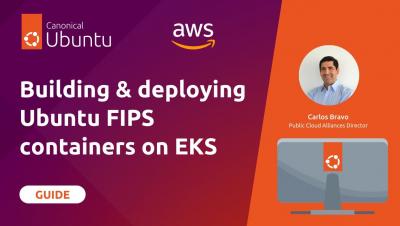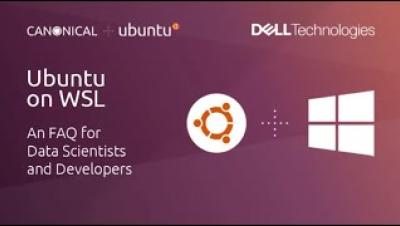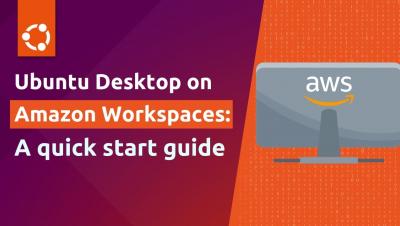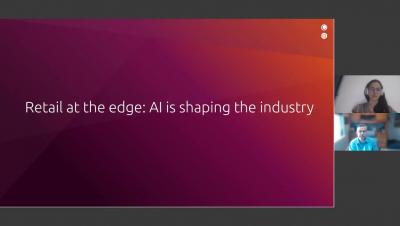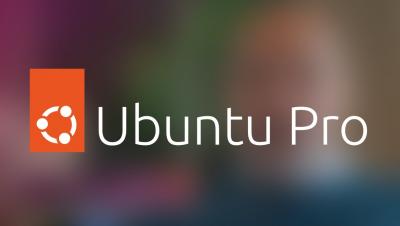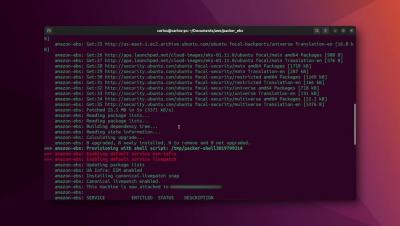Open source security: best practices for early detection & risk mitigation
What knowledge, tools, and processes do you need to keep your open-source software free from vulnerabilities and threats? Many open-source projects are well-maintained by software vendors or individuals. Yet, studies show that 80% of codebases used by enterprises contain vulnerabilities (half of which are high-risk vulnerabilities that can be exploited). Hackers scan for outdated systems that contain vulnerabilities, which they then exploit by deploying targeted malware. In this webinar, we will discuss best practices for keeping your systems up to date.



